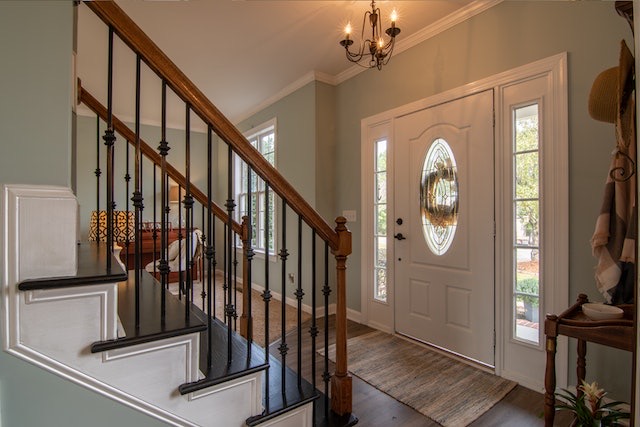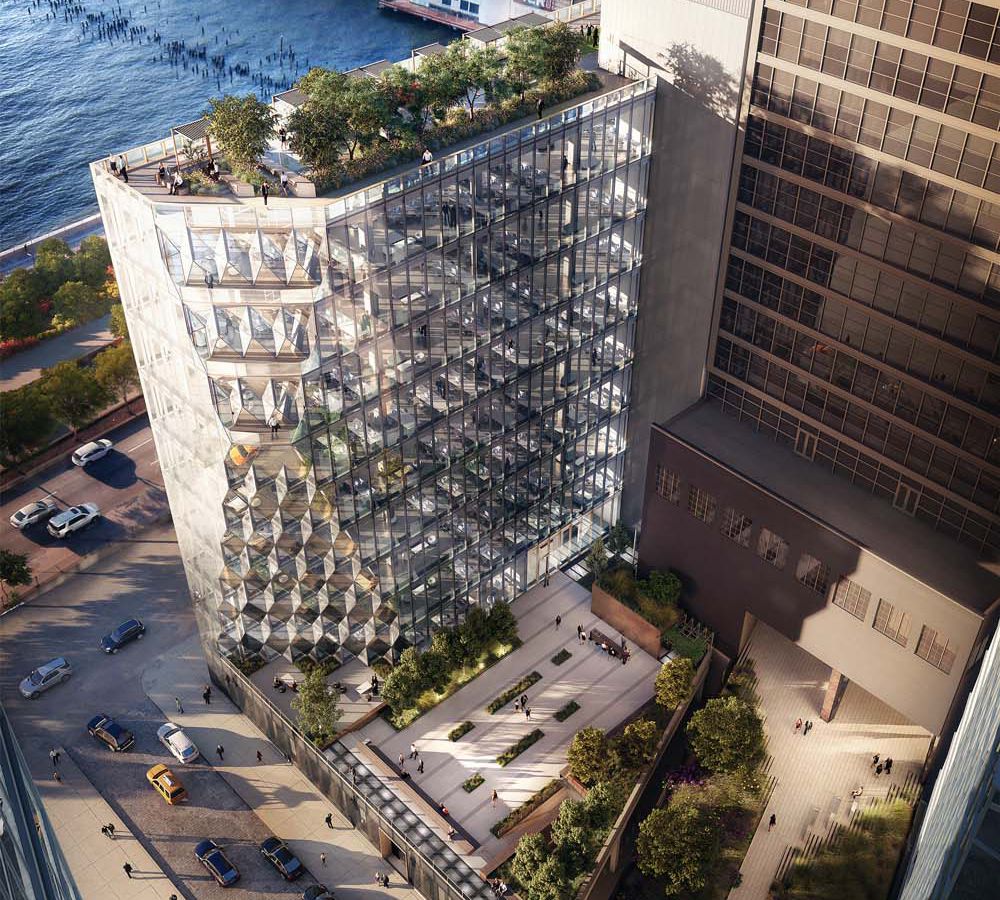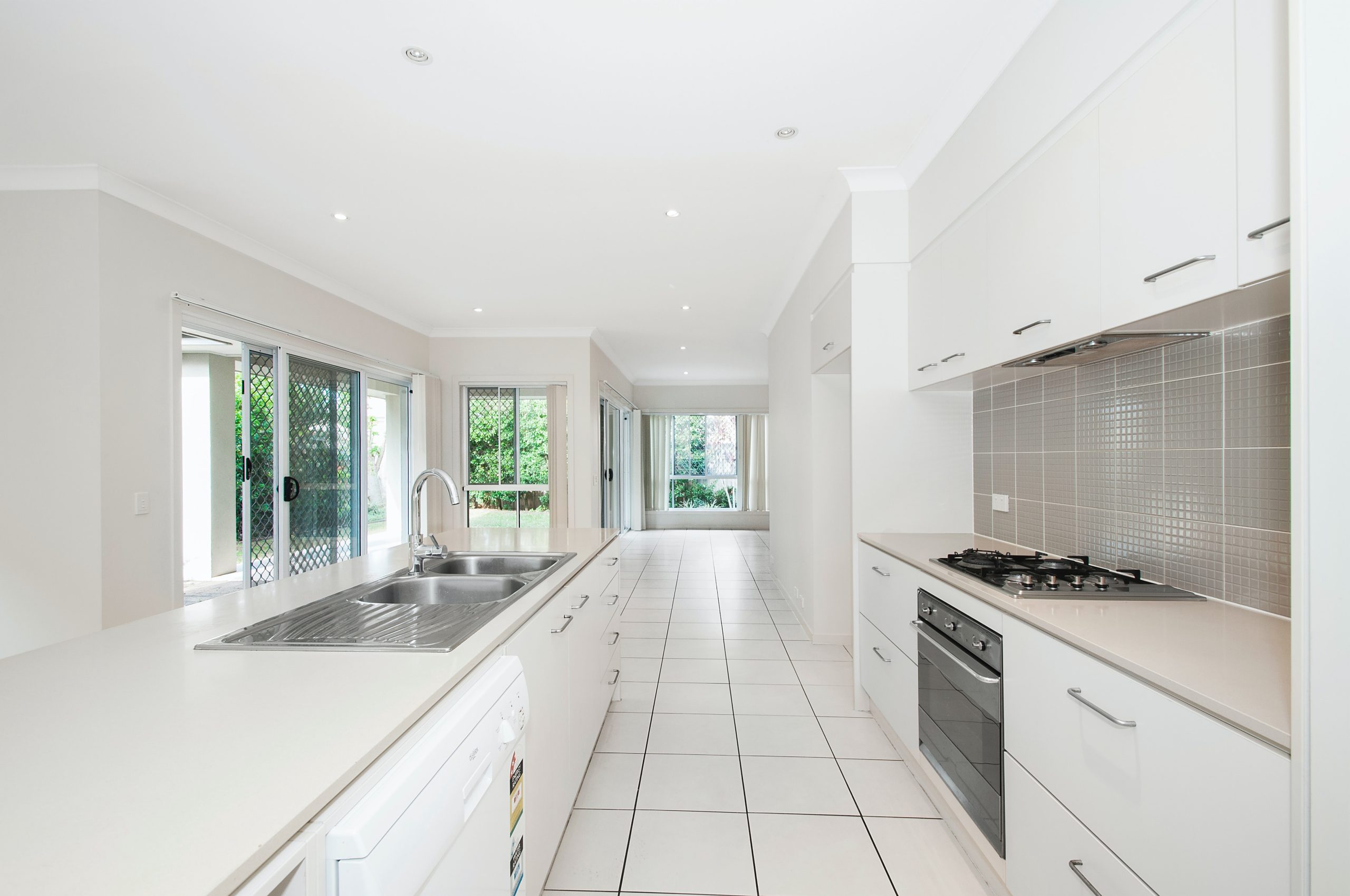In an era driven by technological advancements, the concept of a “smart home” has transitioned from the realm of science fiction to a rapidly growing reality. As technology continues to permeate various aspects of our lives, it has also left an indelible mark on the real estate industry. The integration of smart devices and innovative home automation systems has redefined the way we live and interact with our living spaces. In this feature story, we will explore the impact of technology on the real estate market and how smart homes are reshaping our idea of modern living.
I. Transforming Traditional Homes: The emergence of smart homes has ushered in a paradigm shift in the real estate landscape. Traditional houses are no longer confined to brick and mortar; they are now infused with intelligence and connectivity. With the integration of cutting-edge technologies such as artificial intelligence, the Internet of Things (IoT), and voice-activated assistants, homeowners can control and monitor their properties remotely, offering unparalleled convenience and security.
II. Enhanced Living Experience: Smart homes are designed to provide occupants with a seamless and enhanced living experience. From voice-activated lighting and thermostats that adjust to personal preferences to smart appliances that learn usage patterns and optimize energy consumption, these technologies improve comfort, convenience, and efficiency. Moreover, the ability to remotely manage various aspects of a home, such as security systems and energy usage, empowers homeowners to maintain control and peace of mind, even when they are away.
III. Implications for the Real Estate Market: The rise of smart homes has brought about significant implications for the real estate market. Homebuyers now consider the presence of smart features as a valuable selling point, with properties boasting advanced automation systems often commanding higher prices. Real estate developers and agents have recognized the demand for smart homes and are incorporating these features into their projects to attract tech-savvy buyers. As the market evolves, it is expected that smart home technology will become a standard feature rather than a luxury option.
IV. Privacy and Security Concerns: While smart homes offer a plethora of benefits, the integration of technology into our living spaces also raises concerns about privacy and security. As homes become increasingly interconnected, the risk of cyberattacks and unauthorized access to personal data becomes more prominent. Developers and manufacturers must prioritize robust security measures and ensure the protection of sensitive information to maintain consumer trust in smart home technology.
V. Future Prospects: As technology continues to advance, the possibilities for smart homes are boundless. The integration of emerging technologies like augmented reality, virtual reality, and machine learning will further enhance the capabilities of smart homes, creating immersive and personalized living environments. Additionally, the integration of renewable energy systems and sustainable practices into smart homes can contribute to a more eco-friendly and energy-efficient future.
Conclusion: The rise of smart homes represents a significant turning point in the real estate industry. Technology’s influence has transformed traditional homes into intelligent, interconnected spaces that prioritize comfort, convenience, and sustainability. While the integration of smart home technology has its challenges, the benefits and future prospects it presents cannot be overlooked. As technology continues to evolve, the real estate market must adapt to meet the changing demands and expectations of homeowners seeking the connected lifestyle of tomorrow.











